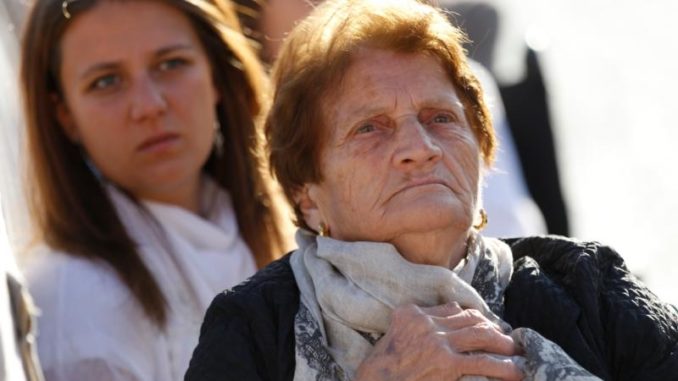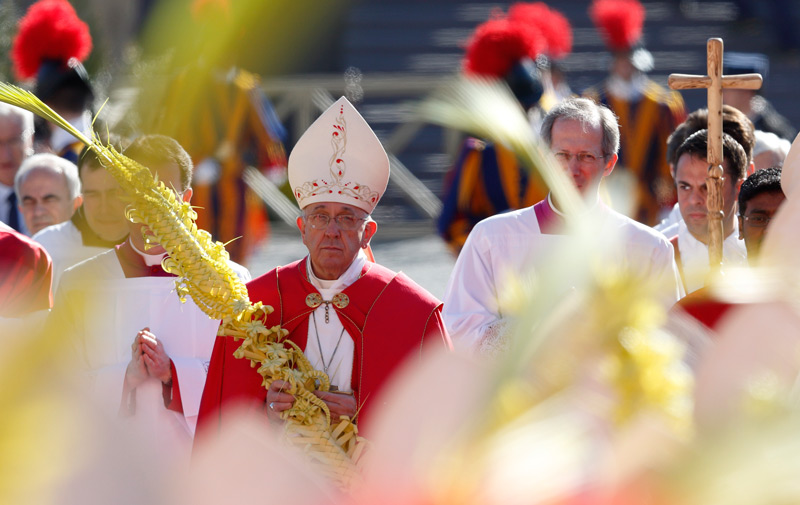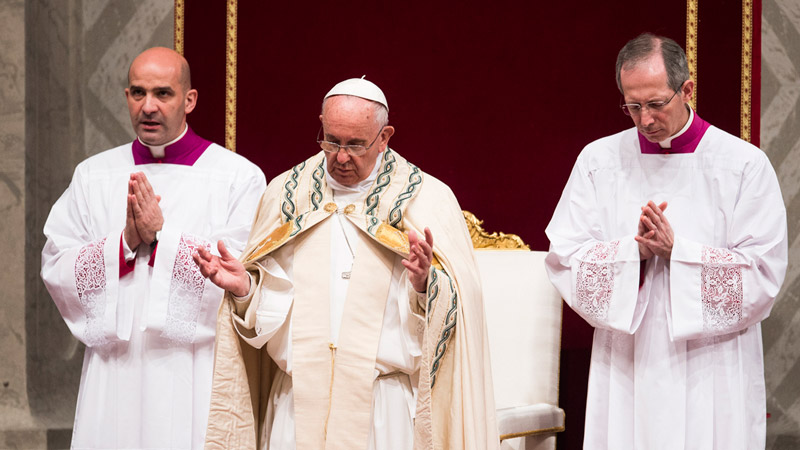
VATICAN CITY—The Vatican will host a conference on how the Catholic Church can fulfill its mission to care for, welcome and include the elderly in its life, rather than abandoning them like many societies do today.
The first International Congress for the Pastoral Ministry to the Elderly is meant to build a bridge between the elderly and the church “so that they become a shared patrimony of the church,” said Vittorio Scelzo, an official of the Vatican Dicastery for Laity, the Family and Life.
“These are people who have so much to give to the church,” Scelzo said Jan. 28 at a briefing in the Vatican press office. “They can be communicators of the Gospel, but they are also people in need of help to help find spiritual meaning at their age.”
According to the dicastery, the Jan. 29-31 conference will gather over 500 experts, pastoral ministers and representatives of bishops’ conferences from 60 countries to reflect on how to minister to the elderly.
Scelzo told journalists that outreach to the elderly is not limited to those who go to church. There is “an entire generation of people to evangelize,” he said.
“We are accustomed to think of the elderly as those who participate in our activities. This is not true; we can’t take them for granted,” he said.
The conference also will discuss what Pope Francis has described as a “throwaway culture” in today’s world. Often, Scelzo observed, the elderly are the primary victims of this culture, especially those left abandoned in retirement homes.
“Pope Francis said one time that some people are forgotten like a winter coat in a closet; (they are) abandoned and left there,” he said. “We insist so much on the family, but the family that we defend is a family made up not only of a man and a woman, but also grandparents.”
In cases where elderly men and women do not have family, he added, local churches must step up and “take it upon themselves to find a way of being their family.”
“We cannot think about defending the family while leaving the elderly in retirement homes. In Rome, there are 400 retirement homes for the elderly and 350 parishes. Perhaps every parish can go visit the elderly who are alone,” Scelzo said.
Father Jose Ignacio Figueroa, a member of a pastoral movement for retired and elderly people in Spain, said he came to attend the conference with a group of 45 grandparents who “are in Rome as pilgrims, accompanying the congress with their prayers.”
The Spanish priest told journalists that while people may lose their sight, their hearing or ability to walk easily as they get older, there are “certain qualities that become stronger with age.”
Among those qualities, he said, are “the ability to love, sensitivity, religious sentiment and the ability to forgive others.”
“How many grandparents when their children are without work, help them with their pension or take care of their grandchildren so they can go to work. And then when they can’t help anymore because they lack strength, we place them in a home and forget about them,” Father Figueroa said.
“We have to take care of elderly people and strengthen their participation in the life of the church,” he said.
By Junno Arocho Esteves



